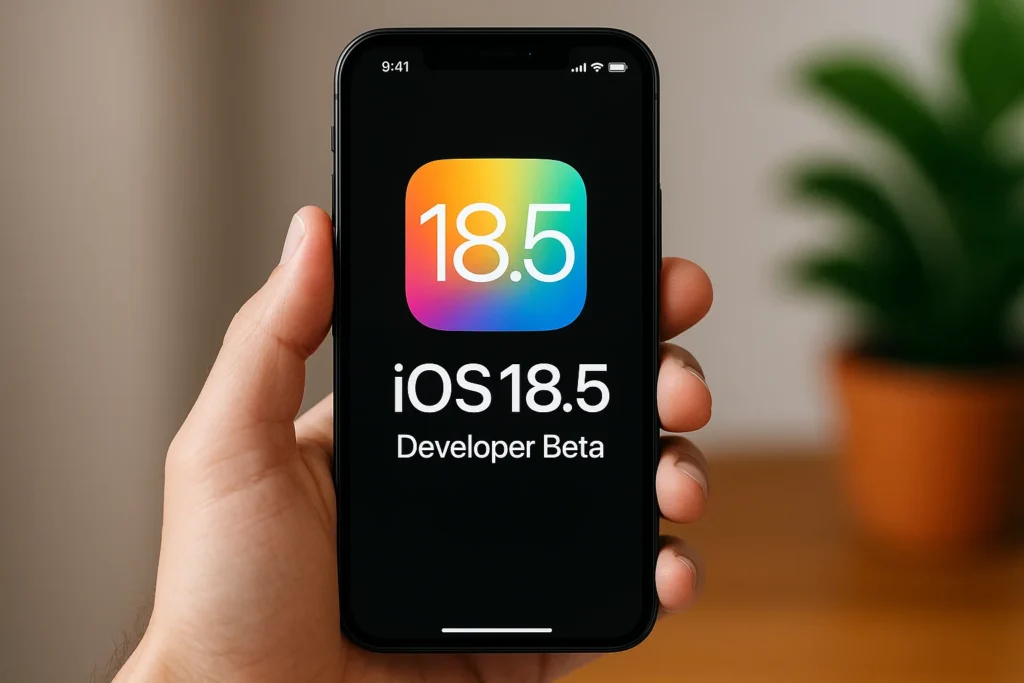OpenAI For-Profit Shift Critical to Its Humanitarian Mission” explores OpenAI’s strategic move to embrace a for-profit model and its implications on advancing global welfare. This blog delves into how the shift aims to accelerate AI innovation, ensure sustainability, and maintain the company’s commitment to ethical AI development. Discover how OpenAI balances commercial objectives with its long-standing mission to serve humanity and address pressing global challenges. Explore the complex dynamics between technological advancement, ethical responsibility, and financial viability.
What Does OpenAI’s For-Profit Shift Entail?
In a recent blog post, OpenAI revealed plans to transform its for-profit division into a Delaware-based PBC. This structure mandates a focus on public benefit alongside generating profits. The shift enables OpenAI to issue ordinary shares while channeling a portion of its profits into advancing its humanitarian mission.
To safeguard its objectives, OpenAI’s nonprofit arm will retain shares in the PBC. Although the exact allotment remains unclear, the nonprofit will rely on independent advisors to establish fair valuations. This model aims to multiply previous donations, creating one of the most well-resourced nonprofits in history.
Why the Shift to a PBC Is Essential
AI development is capital-intensive, with costs increasing as innovations advance. OpenAI argues that this restructuring ensures sustainability by attracting investors willing to fund cutting-edge AI research. The nonprofit will focus on charitable initiatives in healthcare, education, and science, while the for-profit PBC drives operational efficiency.
Similar models are used by competitors like Anthropic and Elon Musk’s X’AI. OpenAI claims this dual structure positions it to thrive in the competitive AI landscape, ensuring alignment with its mission to serve humanity.
The Elon Musk Controversy
Elon Musk, one of OpenAI’s early donors, has filed a lawsuit against the organization. Musk alleges that OpenAI misrepresented its long-term plans, shifting from a nonprofit to a profit-driven entity without full transparency.
Musk’s lawsuit highlights his initial investment, made under the assumption that OpenAI would remain an open-source nonprofit. He argues the for-profit pivot compromises the organization’s original mission, prioritizing financial gain over societal benefit.
How OpenAI Defends Its Decision
OpenAI defends the restructuring as a necessary evolution. In its early days, the organization relied heavily on donations, including Musk’s contributions, to fund its mission. However, as AI research demands skyrocketed, OpenAI required significant capital investments.
The introduction of a for-profit arm in 2019 allowed OpenAI to secure $1 billion from Microsoft, fueling advancements like GPT-4 and ChatGPT. OpenAI argues that transitioning to a PBC is vital for staying competitive against companies investing billions in AI innovation.
Addressing Criticism of the Restructure
Critics claim the new structure benefits leadership financially, potentially undermining OpenAI’s mission. CEO Sam Altman, who previously declined equity in OpenAI, may now secure a 7% stake. While some view this as a conflict of interest, OpenAI insists the change aligns leadership incentives with long-term goals.
The organization emphasizes that the nonprofit arm will remain focused on public benefit initiatives, supported by a robust funding model. OpenAI believes this approach enhances its capacity to impact global challenges while fostering competition within the AI industry.
Challenges Ahead for OpenAI
Musk’s legal challenge poses a significant hurdle for OpenAI’s transformation. He has requested an injunction to halt the restructuring and void OpenAI’s exclusive licensing agreement with Microsoft. The ongoing legal battle could delay OpenAI’s plans, with hearings extending into mid-2025.
OpenAI remains confident in its strategy, arguing that its leadership in AI innovation inspires other organizations to pursue public benefit goals. Despite Musk’s opposition, OpenAI is committed to evolving into an enduring company that advances its humanitarian mission.
Conclusion
The shift to a for-profit PBC represents a pivotal moment for OpenAI. By balancing shareholder interests with its commitment to humanity, the organization seeks to secure sustainable funding for its mission. While the road ahead is fraught with legal and ethical challenges, OpenAI’s transformation could redefine how AI companies align profit motives with societal good.
Let me know if you’d like further refinements or an FAQ section added! 😊





